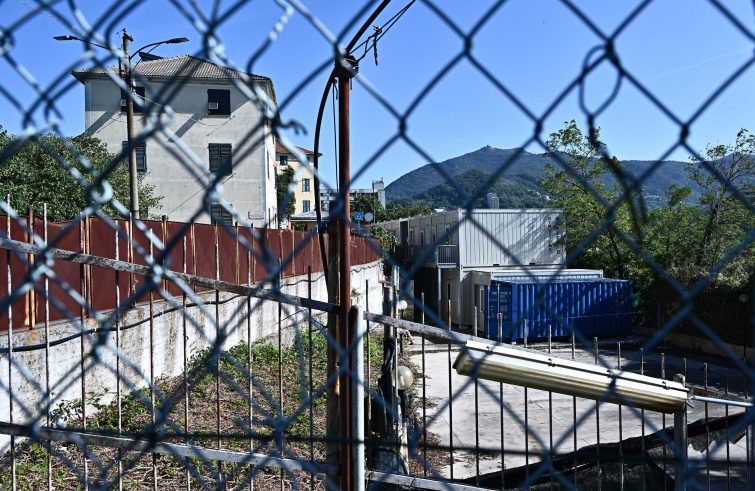
In recent months, a plethora of regulations on the subject of migrants has been drawn up by the Italian government, which, on the occasion of the various emergencies – from the one in Cutro to that on the island of Lampedusa – has found it necessary to intervene in various ways, driven by a general willingness to limit and discourage arrivals, making it difficult for newly arrived migrants to remain in Italy.
As pointed out at the time of the deal with Tunisia, it is worth noting that ‘bilateral’ agreements with transit countries haven’t exactly been a recipe for happiness for successive governments over the past few years. And in fact, never has a prediction been more accurate: since the signing of the agreement with President Sayed, the number of arrivals has soared.
This tactical error threatens to undermine the government’s overall strategy, which has forced it to revive the naval blockade formula in the last few days. The difficulties in handling new arrivals, given a structurally under-resourced centralised system in which there is no intention of investing, are self-evident. Alternative, more convincing ways of communicating are thus being sought. Starting with the familiar appeal to Europe’s responsibility to implement a redistribution of migrants. This, too, is the same old recipe that always collides with the same reluctant countries, starting with Hungary. The same goes for the Dublin Regulation, which no country is willing to reconsider today.
Faced with such a discouraging scenario, only one option is seen as feasible: to intervene at national level with a package of measures, some of which have already been adopted in the past and which are essentially ineffective as well as detrimental to the rights of migrants.
The first of these is a new measure extending the period of detention in pre-removal detention centres (CPRs), where third-country nationals who have received an expulsion order are held. In fact, this measure will only affect a small number of immigrants arriving on Italian shores. Minister Piantedosi’s decree requiring asylum seekers from safe countries to pay €5,000 to avoid detention also sounds like a joke. How many people will be able to afford it and, above all, to what extent can such a measure effectively contribute to a country’s migration policy? Yesterday the Council of Ministers discussed another measure, this time concerning 16-year-old migrants arriving on Italian soil. The government has proposed a regulation according to which, in the event of the temporary unavailability of specific temporary accommodation facilities, the Prefect can order the temporary placement of the minor – who, at first glance, appears to be over sixteen – in a specific ‘special section’ of the centres for adults. In addition, it is envisaged that in certain cases, law enforcement authorities could make an immediate request to carry out an age check. These are significant derogations to existing legislation, which open up worrying scenarios as they have a profound impact on the plight of migrants. There is a risk of going down a very dangerous slippery slope. We therefore look forward to an open debate, including and above all with civil society, in order to find common solutions that respect human rights. Otherwise, as the President of the Italian Bishops’ Conference, Cardinal Zuppi, reminded us, there is a risk of “politicising the phenomenon of migration, also based on a climate of consensus and fear.”
(*) Head of the Migration Policy and International Protection Office of Caritas Italy











